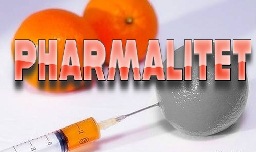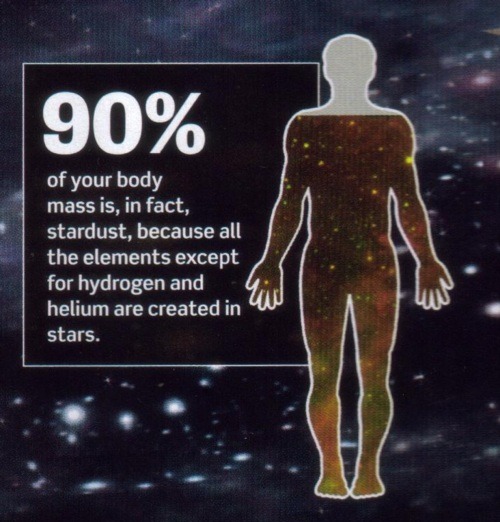I
have
proven that Big Pharma is not interested in innovations and R&D
working process are very inefficient. Here are
the
same suggestions from Wall Street analyst. Very interesting
reading:
Wall
Street analyst Raghuram Selveraju likens today’s drug-development
landscape to the changes seen in men’s professional tennis between
the era of Bjorn Borg and John McEnroe and the completely different
game played today by the likes of Roger Federer and Novak Djokovic.
In today’s tennis, the ball is hit much harder and yet at the same
time there is almost no margin for error. Likewise, he says, in
drug-development today, companies must navigate tougher regulatory
requirements for both efficacy and safety.
“The
margin for error is razor thin and if you miss it, you lose big time.
Aspirin would not get approved at the FDA in today’s atmosphere,”
said Selveraju, managing director and head of health care equity
research at Aegis Capital.
That
desperation leads to the repetition of familiar mistakes which derive
from the predictable thinking of too many business development
executives at big pharma, Selveraju opined. First, when looking for
licensing opportunities, pharmas very often seek out their comfort
zone – a potential product for which they can deploy an existing
sales force or promote to doctors they already know and communicate
with. Also, to be confident in an experimental drug’s preclinical
and clinical data, pharmas often want to go into areas where their
competitors also have a compound as well as into validated targets.
“Basically,
they’re a bunch of lemmings,” Selveraju said. “As soon as a
target becomes hot, they all have to have a molecule in that space,
hitting that target. We’ve seen that multiple times: with the DPP4
inhibitors, the statins, the S1P inhibitors now, the nucs in
hepatitis C.” Bristol paid $2.5 billion for Inhibitex and its nuc
in part because months before Gilead had paid $11 billion for
Pharmasset and its promising, mid-stage nuc.
And
it’s just not that easy, at least not today. The low-hanging fruit
largely has been picked – there is no preponderance of easy-to-hit,
druggable targets available to business development groups, Selveraju
explained. Faced instead with a panoply of more difficult to address
therapeutic indications, business development officials often must
make decisions based on incomplete data and at the same time pay out
huge premiums because of the competition with other companies to find
“the next big thing.”
“Big
pharma chases targets and it chases indications,” he said. “That’s
what leads to these deals with outsized valuations and to the
disappointingly high failure rate. If big pharma were to take a more
pragmatic approach, a more rational approach, then we might not be
seeing so many of these failures and we’d certainly be seeing more
judiciously priced deals.”
What
then is Selveraju’s prescription for better business development
practices? It might disappoint those who want pharma to be in the
vanguard of innovation. He recommends incremental innovation –
using FDA’s 505b2 pathway to develop products with already defined
efficacy and safety – as well as biosimilars and re-purposing.
Pharma also should focus on niche and specialty indications, and
largely eliminate primary care products and the large commercial
operations that come with them.
That
may be an unappealing remedy for many, but given the spate of recent
blow-ups in pharma/biotech deal-making, something needs to change.
Right?
Yes,
basically it is right. I think and hope that R&D activity has to be
changed. I strongly believe in a paradigm
shift. And only states and Big Pharma have the necessary
resources for that. Not all Big Pharma corporations will survive the coming
dramatic changes. But the winner takes it all...
























